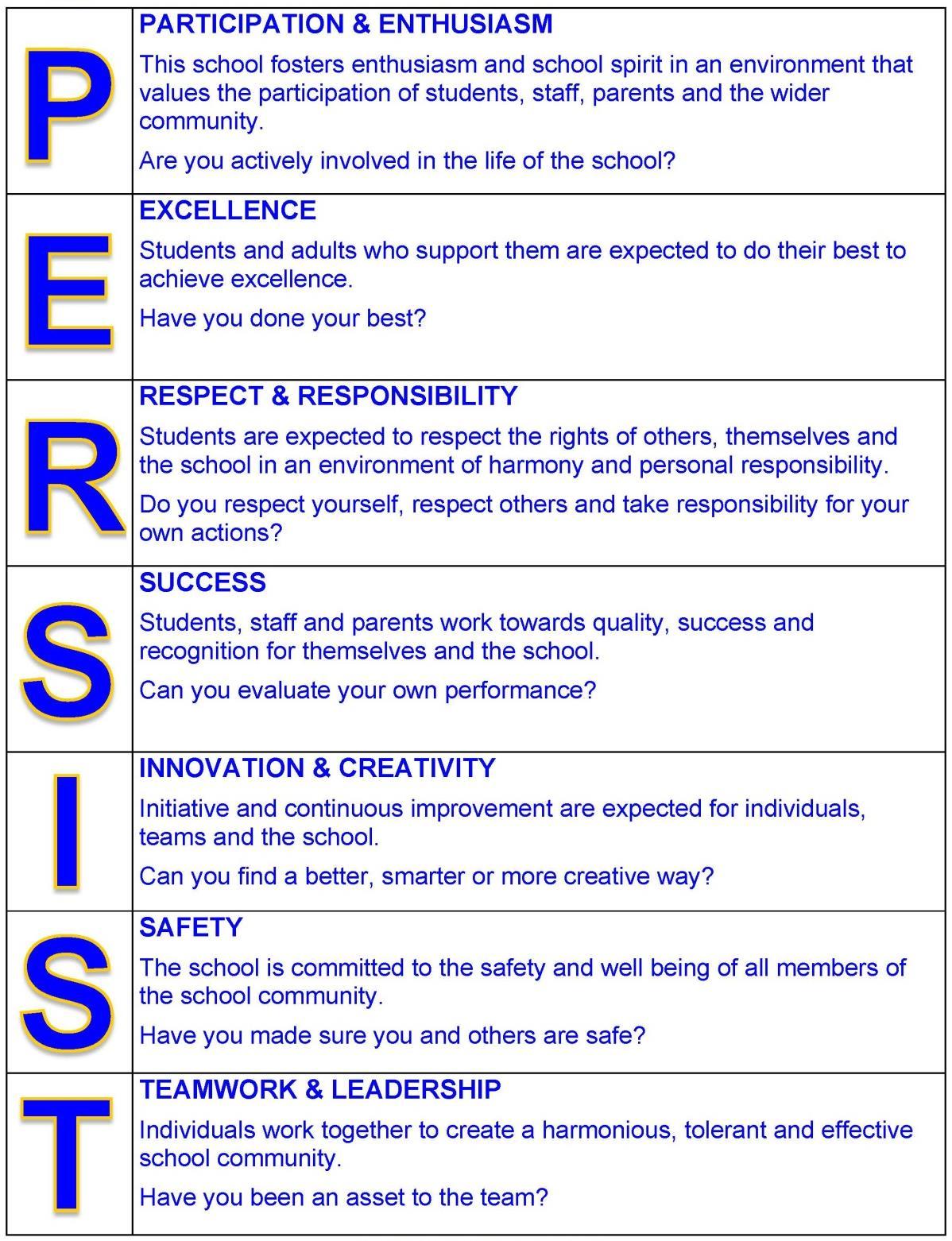
1 minute read
Raising Responsibility Scheme
• Good behaviour, to make good choices and to take responsibility for their own actions. • At Rooty Hill High School, the Raising Responsibility System (RRS - designed by Marvin Marshall) is used to develop effective practices and identify behaviour that is “above (or below) the line”.
Good is above the line. Good choices are above the line. Taking personal responsibility • In RRS discipline is defined as a quality held by students, staff and parents in managing their work, behaviour and lives. It is the lack of self-discipline that leads to poor choices and negative consequences. • The role of the teachers, students and adults is to develop procedures and systems to help all students demonstrate cooperative and democratic behaviour – doing the right thing. It is also the role of teachers and adults to act when students are bossing, bullying or unable to control their own behaviours (anarchy). Students learn there are consequences when behaviour is “below the line.” • Classroom procedures include the BBC (lesson outline tool), class codes for behaviour, class meetings, faculty documentation and assignment rubrics. School procedures are outlined below. • All Year 7 students and new students who enrol are taught how to use the school’s values and the
Raising Responsibility Scheme. • If you would like a copy if the RRS chart for your “fridge” at home please ask. • Please note – This school uses “Choice Theory and Reality Therapy” as its underpinning behavior management approach.
Above the line behaviours include:
• Presenting quality work • Working well in a team • Acting co-operatively and accepting difference • Kindness • Respect for self and others • Taking responsibility • Respect • Politeness • Helping others Below the line behaviours include: • Bullying, cyber-bullying • Misuse of social media • Harming self or others • Disrupting the learning of self and others • Poor attendance, lateness and truancy • Not completing assessment tasks • Serious misbehaviour including verbal abuse, criminal behaviour, sexualised behaviour and dangerous behaviour







